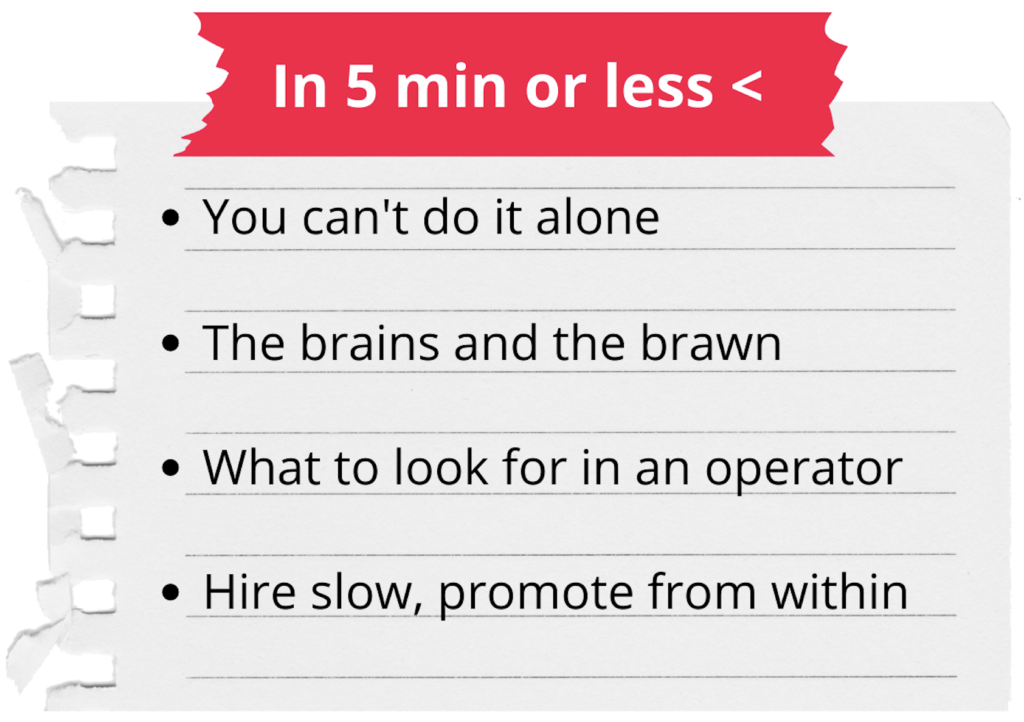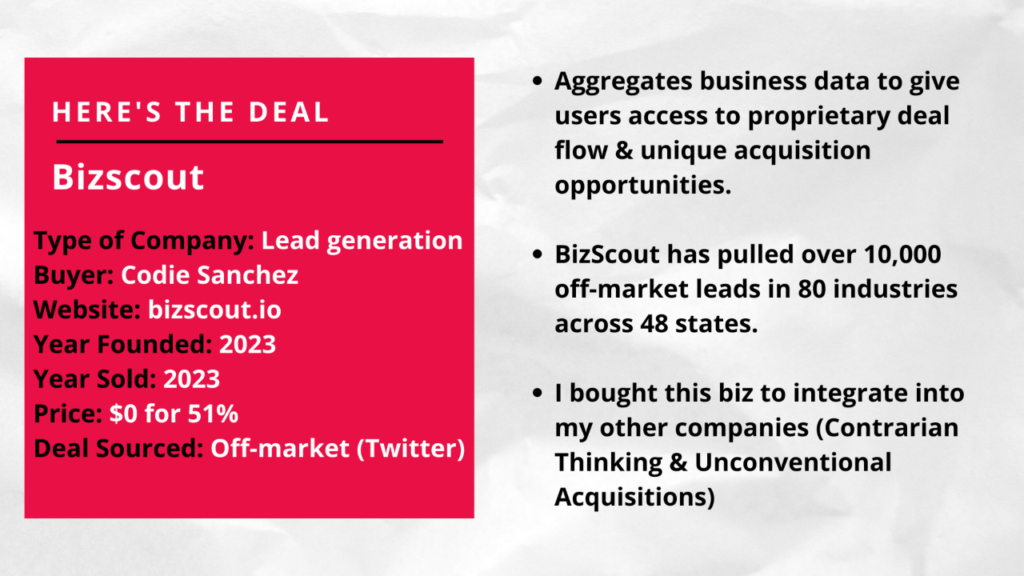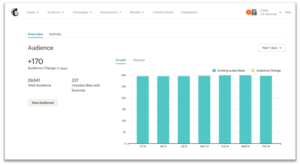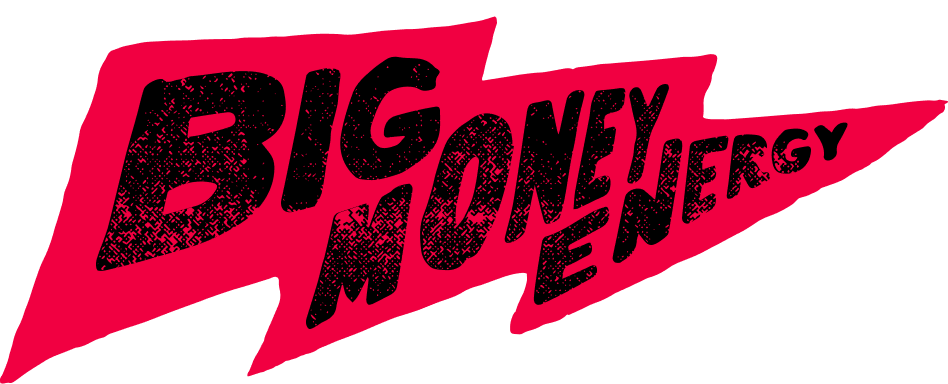

You can’t do it alone
They say that you have to roll your sleeves up, do the work, risk it all, or you’ll never make it.
But the footnote they forget to mention is that often, these violent delights have violent ends – especially in small business buying.
Because the truth is that you’re in uncharted territory. And the industry you just bought into? Probably not your sweet spot.
And this, my friend, is exactly why you need an operator.

The brains and the brawn
Will you be the brains, or will you be the brawn? The choice is yours.
When you’re the brains, you’re the mastermind behind the whole operation.
You decide how things are going to go down week over week. You pore over spreadsheets and obsess over weekly dashboards.
You make sure you hire the right people, so your business is full of all-star employees who provide a level of customer service that even your grandma would write home about.
But you stay TF out of the weeds. You’re not managing the business day-to-day, answering phones, or stepping foot in the office. Nope, not in your job description.
This is exactly why you – the owner – will hire the business equivalent of your next of kin. Your brawn. Your operator.
Your operator is the person your people will report to. They’re the top dog who will make sure the trains run on time.
Choose wrong, and your vision of passive cash flow will turn into spending all day in the office and staying up all night just to keep things afloat.
And what can I say? Not the vibe.

What to look for in an operator
Consider a behavior assessment. It’s not as intrusive as a background check, but adding this to the final round of your interview process might be just as revealing.
Looking into someone’s strengths and weaknesses from an objective source before hiring them is an almost no-brainer. Some of the tests I lean on are Myers-Briggs, DiSC, the Kolbe A Index, or StrengthsFinder.
Red flags we look for when screening operators during the interview process:
- Significant employment gaps or industry hopping
- Their references either don’t exist or are a little sus
- Weird body language (i.e. no direct eye contact, slumped over in the chair)
- Difficulty describing their past experience or it sounds too good to be true
- Unclear when speaking or goes on long tangents
- Tardiness or taking too long to reply or get back to you
- Not being transparent about past mistakes or showing a lack of ownership
Invaluable experience
This is the kinda thing they can’t teach you in school.
Depending on what kind of small business you now own, you’ll want some level of diversity in their past experience. Look for a variety of business sizes, revenue streams, team structures and business models.
You’ll also want someone who’s seen the not-so-hot days of your industry, so they can lead your business through the slower seasons without flinching.
An obsession for logistics
Trust—you’ll thank me later. This isn’t necessarily a skill that comes from industry experience.
You’re looking for the kid who used to align their toy cars in neat rows. You’re looking for the adult who can’t sleep if the dashboard isn’t updated.
You want somebody whose idea of a good time is running a hella tight ship.
Impeccable people skills
You’re basically looking for a street-smart, small business version of Ted Lasso. Hiring someone who has a long fuse in the people department will be one of the smartest decisions you will make.
Remember, this person will be managing your team and your customers on an hourly basis. If their people skills suck, you’ll get stuck with a phone call saying “well, that escalated quickly” and you’ll have to step in.
Trust me, there are better things to do with your time than dealing with a noisy customer.
A natural culture fit
Unlike some things in business, culture fit just can’t be taught. When you’re hiring an operator, you’ll want someone who can show up and fit right into your company culture on day 1.
If it’s not there, it’s not there, and if you notice it’s not jiving by day 30, it might be time to reassess or hire someone else.
Don’t forget to reverse it and assess if their values fit in with yours, too.
Aligned goals and aspirations
Does your candidate want a certain salary or span of control? Have plans to start a family in a year? What do their career goals look like for the next year? Three years? Five years?
You should approach hiring an operator like it’s a long-term investment in your business, because it totally is. You want an operator who is committed to your business for years, because the hiring and training process can get expensive.

Hire slow, promote from within
My last bit of advice here is to take your time during the interview process and focus on finding the right person for the job. Don’t rush through it just to get the role filled as quickly as possible.
I know it feels like you’re wasting time, but you’ll be wasting some serious money if you have complaining customers, an operations meltdown, or have to retrain someone else when your new operator quits or gets fired.
One Q we get in Contrarian Community is where to find a high-quality operator. One of the best places to look: inside the business you just bought.
We’ve found that some of the best operators are currently already employees.
This is because they’re already familiar with how the biz runs, the systems, the processes, the vendors—heck, they may even be on a first name basis with some of your best, most loyal customers.
You’ll still need to screen and interview them as if they were brand new to your business, but also spend some time asking them what gaps they see. If they could fix anything in the business, what would they work on first?
Their answer might just get them the job, or at least act as great feedback to add to your to-do list.

Deal of the week: Biz buying biz


This Week in Biz Buying:
- Small biz tech needs are growing
- Easier to land a jet than this deal
- From trash to horizontally-merged cash
- Watching weight & prescribing meds
- Relive childhood w/ this expansion




